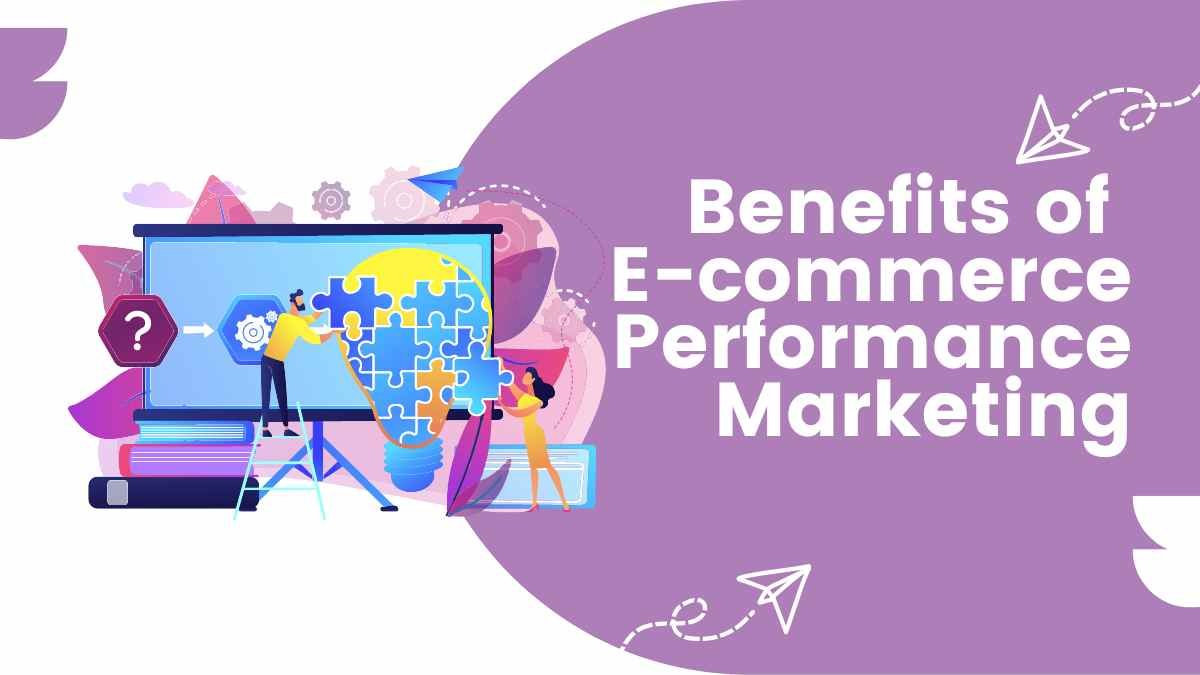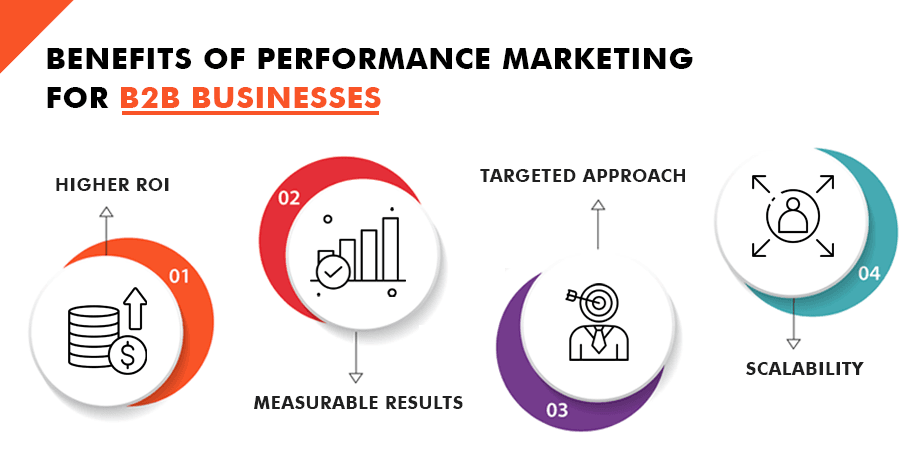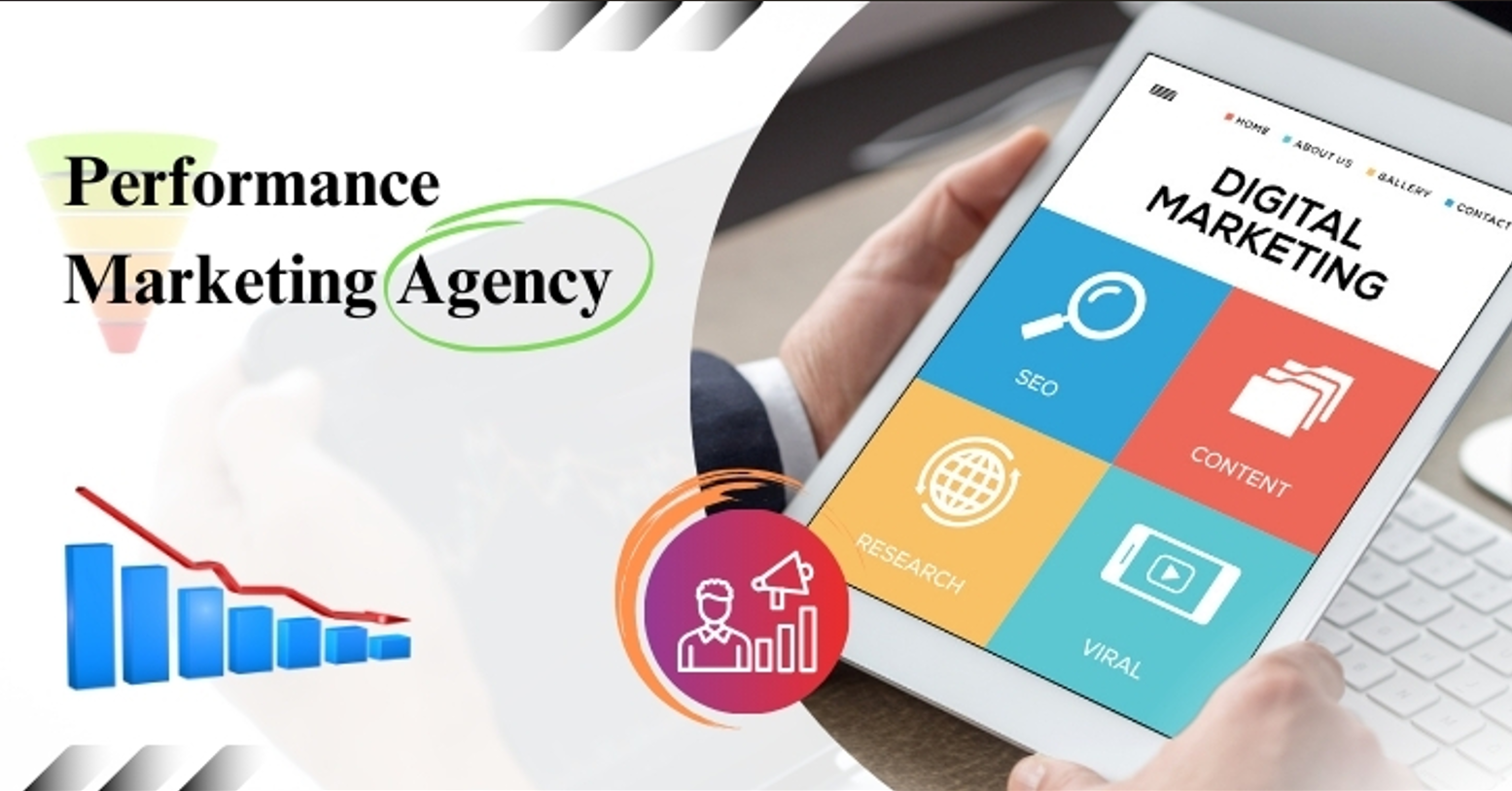In today’s digital world, e-commerce businesses are experiencing rapid growth. But just setting up an online store is not enough. To stand out and drive sales growth, you need a robust strategy. This is where performance marketing plays a significant role. It helps you spend your marketing budget wisely and get real, trackable results.
What Is Performance Marketing?
Performance marketing is a results-driven method. You only pay for specific actions, such as clicks, sales, or sign-ups. This makes it perfect for e-commerce, where every click and conversion counts.
It’s different from traditional marketing, where you pay upfront without knowing what you’ll get. Here, you spend only when your goal is achieved. That could be a sale, a form filled out, or a product added to the cart.
Why Performance Marketing Matters for E-Commerce
Running an online store means you have much competition. You need to make sure the right people see your products. And when they do see them, your site should guide them to take action.
Performance marketing helps you:
- Reach the right audience
- Improve your return on ad spend
- Grow faster without wasting money
- Track every result in real-time
It’s an innovative and practical way to grow your e-commerce business.
Step 1: Start with Clear Goals
Every campaign should start with one question: What do you want to achieve?
Do you want more people to visit your product pages? Are you trying to increase sales? Or reduce abandoned carts.
When you define your goal, you can select the most effective channels and strategies to achieve it. It also helps your marketing team or agency focus on what matters.
Step 2: Build Strong Brand Positioning
Your brand is more than a logo. It’s how people feel when they visit your store or see your ads. Strong brand positioning sets you apart from competitors.
Think about:
- What makes your store different?
- Why should someone buy from you?
- What does your brand stand for?
A clear brand identity helps people remember you and trust your store. This trust turns visitors into buyers.
Step 3: Use SEO Services for Organic Growth
Search engines are where many online shopping journeys begin. So your e-commerce store needs to rank high on Google.
That’s where SEO services help. These include:
- Keyword research: Finding what your customers are searching for
- On-page SEO: Optimising titles, descriptions, and content
- Technical SEO: Improving page speed, mobile performance, and URLs
- Content marketing: Writing blogs or guides that answer buyer questions
Effective SEO generates traffic without relying on a pay-per-click approach. It’s slow but steady, and very cost-effective in the long run.
Step 4: Launch Targeted PPC Campaigns
While SEO is great for long-term growth, PPC services help you grow fast.
With pay-per-click ads, you display your products to people who are ready to make a purchase. You can run these ads on Google, Instagram, Facebook, or YouTube. You only pay when someone clicks, so your money is better spent.
Tips to run good PPC campaigns:
- Use clear, eye-catching product images
- Write simple headlines with benefits
- Set a clear call to action like “Buy Now” or “Shop Today”
- Target your audience by location, interests, or shopping behaviour
With strong PPC ads, you can quickly attract traffic and generate sales.
Step 5: Combine SEO and Paid Ads with SEM Services
To get the best results, many stores combine SEO and PPC into SEM services — Search Engine Marketing.
This mix helps you cover both organic and paid search. It gives your products more visibility and enables you to test what works.
Here’s how to use SEM services well:
- Use SEO to get free traffic over time
- Use PPC to get quick traffic and test new products
- Track which keywords bring sales, and adjust your strategy
Together, SEO and PPC build a strong base for growth.
Step 6: Focus on Conversions, Not Just Clicks
Getting people to your store is only half the job. The real win is when they make a purchase.
So your product pages must be straightforward to use. Here’s what helps:
- Good product images from multiple angles
- Honest and straightforward product descriptions
- Transparent pricing and shipping info
- Fast checkout with fewer steps
Use performance marketing tools to test different versions of your pages. You’ll learn what makes more people click “Buy.”
Step 7: Use Data to Improve Every Week
One of the best parts of performance marketing is that everything is trackable.
You’ll know which ad worked, which product performed better, and which page had the highest bounce rate.
Use this data to:
- Stop campaigns that are not working
- Double down on top-performing ads
- Improve your landing pages
- Lower your cost per sale
This way, your e-commerce store continues to improve and become more profitable.
Step 8: Retarget and Retain Customers
Many visitors won’t purchase on their first visit. But with retargeting, you can remind them about your products.
You can run ads for:
- Products they viewed
- Items they added to the cart
- New arrivals or discounts
Retargeting is a clever use of your budget. It brings back visitors who are already interested.
Additionally, performance marketing is not limited to acquiring new customers. Utilise email and social ads to retain existing customers.
Step 9: Choose the Right Platforms
Not every platform suits every e-commerce business. Some work well on Instagram, others do better on Google Shopping.
Start where your customers spend time. Then grow to other platforms based on results. Focus on one platform first, and get it right.
Performance marketing gives e-commerce businesses a powerful way to grow with control and confidence. By combining SEO services, PPC services, and SEM services, you can drive traffic, get sales, and improve your brand positioning all at once.



